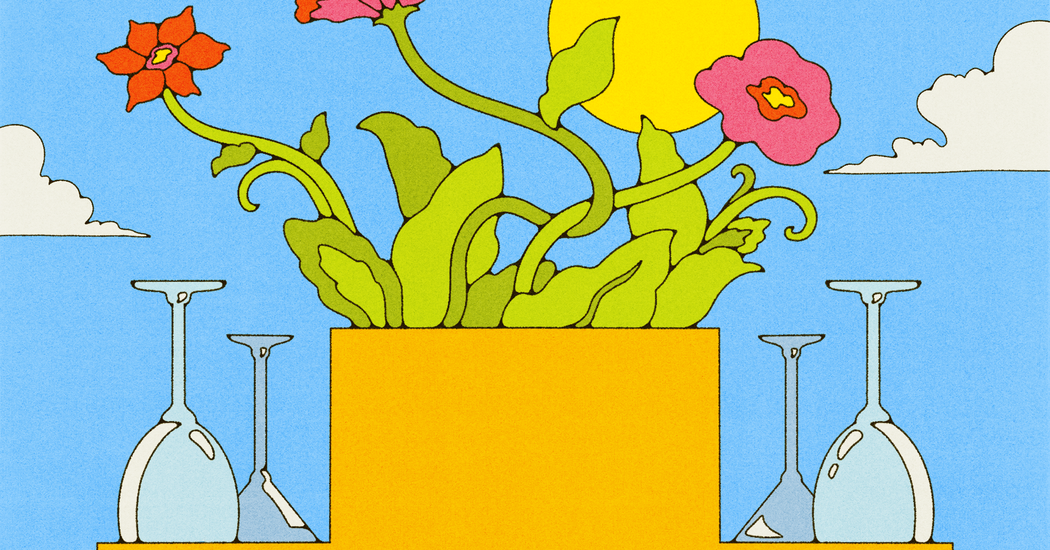The popular sobriety challenge can be a good way to start the year. Here’s how to prepare, what to expect and more.
Plenty of people celebrate the New Year with Champagne at midnight and a hangover the next morning. But whether you’re rethinking your relationship to alcohol or just looking for a change, maybe you want to kick off the year with Dry January instead.
The popular sobriety challenge has a simple goal: Give up alcohol for the first 31 days of the year.
Research has shown that alcohol, even in small amounts, is bad for your health. It can lower the quality of your sleep, impair sexual function and increase your risk of developing certain cancers and other diseases. In the United States, alcohol-related deaths more than doubled between 1999 and 2020.
Even cutting back in small doses can provide health benefits, experts say. Here’s what to know if you want to try Dry January this year.
How do you prepare for Dry January?
Making a sudden switch to sobriety can be daunting, but a few strategies can help you get the most out of the challenge.
One of the easiest ways to hold yourself accountable for the month is to tell others about your goal. You might also consider making a plan for what you’ll be doing in the moments when you would typically be drinking. If you often pour a glass of wine before bed, for example, try a soothing tea in its place. In this article, we share tips from experts to help make the month successful.
